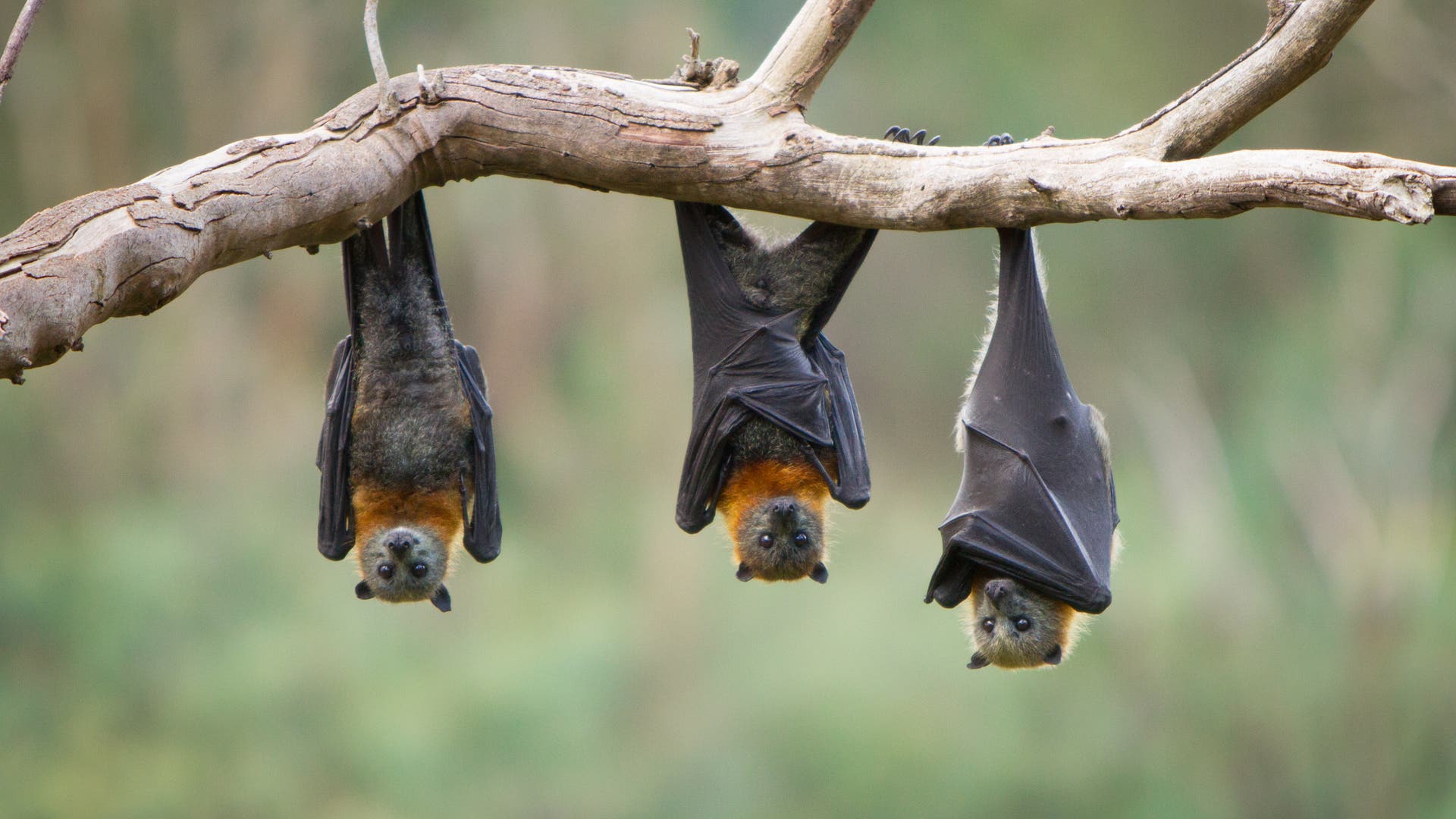The population of the African continent is now facing an increased risk of infection with animal pathogens. The World Health Organization’s Africa office said Thursday in Brazzaville that human and animal infections have increased in the past 10 years by 63 percent compared to the previous decade (2001 to 2011).
In 2019 and 2020, there was a particularly sharp increase in so-called zoonotic diseases: according to the World Health Organization, this was mainly due to the Ebola virus, which is transmitted frequently from animals to humans. Other infections have been caused by the plague or dengue virus, which is transmitted by mosquitoes.
According to the World Health Organization, monkeypox infections have increased since April compared to the same period last year, especially in Nigeria and the Democratic Republic of the Congo. However, more cases are now being discovered as more testing is done. However, early in 2020, Africa recorded the highest monthly number of monkeypox cases to date.
The World Health Organization attributes the fact that people in Africa are increasingly becoming infected with pathogens of animal origin to increased consumption of animal products such as meat, milk and eggs. Also, people are now increasingly living near wildlife areas as cities are growing larger due to rapid population growth. In addition, connections between people have increased in cities and in the country, as travel is now easier thanks to better roads in many areas.
The Director of the World Health Organization in Africa, Machidiso Moeti, warned that without appropriate countermeasures, Africa could become a hotspot for animal-to-human transmission. dpa

“Alcohol buff. Troublemaker. Introvert. Student. Social media lover. Web ninja. Bacon fan. Reader.”





More Stories
Principles and features of the folk nutritional principle
Science: The percentage of women in mint topics rises to a third
Newly appointed Science, Research and Innovation Council